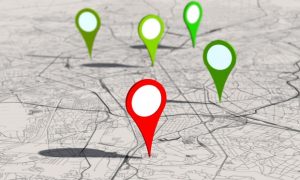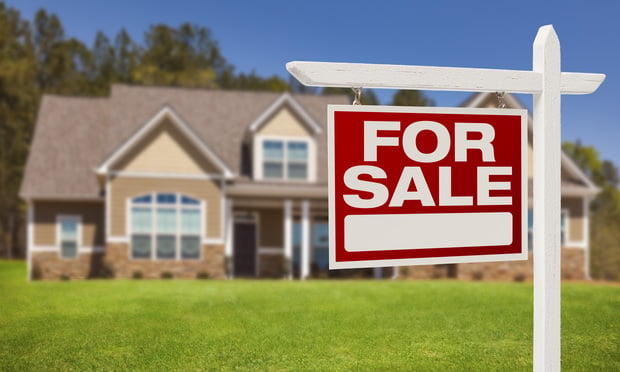For Jim White, COVID-19 demonstrates the problems with relying on foreign goods. "A short supply of N95 masks is just one example: we've learned the hard way, as we wait in line alongside other countries for shipments to arrive from China, that it's a mistake to have farmed out critical manufacturing," says White. "Medical devices, such as ventilators and pharmaceuticals, should be made here in America."
White wears many hats: he is chairman and CEO of Post Harvest Technologies and Growers Ice Co., founder and CEO of PHT Opportunity Fund and founder and president of JL White International. From this vantage point, he believes that lower electricity, coal, water costs, cheap labor and looser environmental regulations contribute to the decision to manufacture offshore.
"If this manufacturing were to be reshored to America, specifically to some of the nearly 8,800 distressed communities across the country that have been identified as QOZs, we'd be in a different situation," White says. "Companies investing in QOZs could build new labs, factories, warehouses, processing plants and transport hubs." Unfortunately, White sees more Opportunity Zones coming. "I believe we are heading towards a painful increase in designated Opportunity Zones as the economy continues to falter, unemployment soars and more and more businesses close their doors, especially small businesses, which comprise 44% of our GDP," he says.
"Unemployment will continue to spiral as companies close, and real estate remains vacant," White says. "Entire communities will become distressed, which paves the way for drugs and crime."
But White does see some silver lining in the situation. "If there's one thing the coronavirus pandemic is teaching us, it's that we're all in this together," he says. "We have tools to help each other through. At the moment, those tools happen to be social distancing, wearing a mask, washing hands and staying at home.
"And despite the pockets of protestors, the vast majority of Americans want to protect not only themselves but their neighbors: the old couple next door, the nurse in the apartment above, the young man down the block who continues to stock grocery store shelves."
That spirit could entice investors to look harder at OZs.
"The impulse to help during a time of national crisis is a strong one," White says. "So I think when investors are presented with a vehicle that will benefit others [in addition to their portfolios], the attraction will be there. It's a matter of educating them and getting through what can be a complicated process."
But ultimately, when funds flow into distressed communities, more jobs are created, and the salaries are better. "More people will want to relocate to these areas, which will increase real estate values and breathe new life into local shops and stores," White says. "When residents and business owners are doing well, they spend more money on beautifying their homes, storefronts, public buildings, streets, parks and monuments. The failing infrastructure will improve, crime will decrease, and better health care will be available for residents."
© 2025 ALM Global, LLC, All Rights Reserved. Request academic re-use from www.copyright.com. All other uses, submit a request to [email protected]. For more information visit Asset & Logo Licensing.








